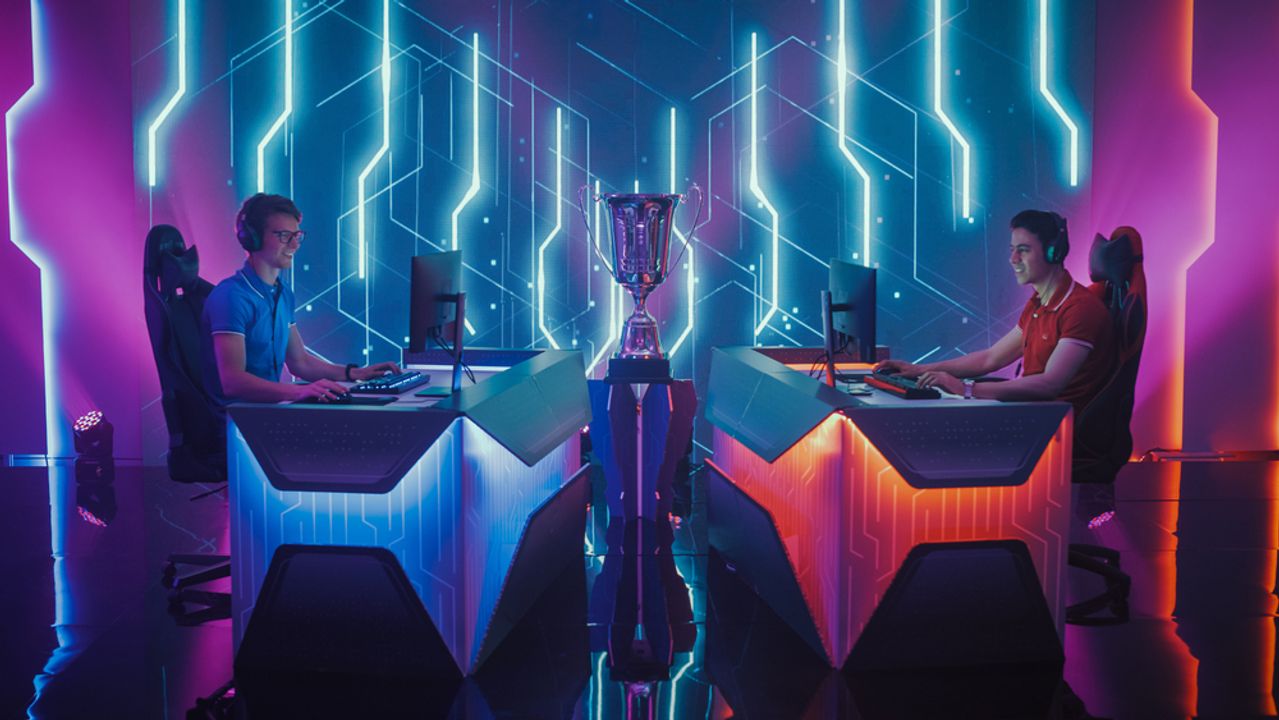London, UK – February 6, 2024 – Digital Fuel, a leading provider of marketing services, casino management, and technology solutions for the iGaming and sports betting industry, today announced a strategic partnership with Optimove, the leading CRM marketing solution for the iGaming sector. This collaboration empowers Optimove clients to maximise their growth potential by seamlessly integrating full-service marketing and retention services with personalised front-end website experiences powered by Opti-X, Optimove’s Digital Experience Platform (DXP).
Using Opti-X, operators can personalise digital experiences with dynamic content across owned properties and channels using ready-to-go widgets combining business rules with over 20 AI models.
Personalised Experiences from First Click to Lifetime Value
The partnership offers a game-changing combination:
- Digital Fuel's expertise: Proven track record in market & retention services, casino management, and technology solutions.
- Optimove's industry-leading platform: Delivers a 33% average increase in Customer Lifetime Value (CLTV) by ensuring marketing starts with the customer, not campaigns.
- Opti-X personalisation engine: Offers a new level of personalised content across websites, apps, and marketing channels throughout the customer journey.
- Digital Experience Platform (DXP): Revolutionary AI-powered platform for real-time personalisation, faster conversions, and higher CLTV.
Key Benefits for iGaming and Sports Betting Operators:
- Increased Acquisition and Retention: Attract and retain customers more effectively with personalised experiences across the entire lifecycle.
- Improved CLTV: Optimove's data-driven approach delivers an average 33% increase in CLTV, maximising revenue potential.
- True Omni-Channel Personalisation: Deliver personalised content across websites, apps, emails, push notifications, and more.
- Enhanced User Experience: Optimise user journeys and engagement with personalised lobbies, game recommendations, and real-time betting features.
- Faster Time-to-Conversion: Streamlined acquisition process with personalised front-end websites powered by Opti-X.
- State-of-the-Art Technology: Cloud-native DXP platform integrates seamlessly with existing technology stacks for a centralised control point.
Proven Success:
- Gala increased site visits by 300% with personalised email campaigns.
- A top casino client achieved 20% revenue growth in 6 months with Optimove.
- A sports operator added £600k/week in incremental revenue from a single homepage personalisation feature.
Quotes:
- Toby Oddy, CEO of Digital Fuel: "This partnership combines our deep industry expertise with Optimove's leading CRM Marketing platform and Opti-X personalisation engine. Together, we empower operators to deliver truly personalised experiences that drive acquisition, retention, and revenue growth."
- Erik Holt, VP of Channels at Optimove: “We're proud to partner with Digital Fuel, uniting forces to redefine the player experiences in the iGaming and sports betting industry. Together, we're dedicated to delivering exceptional player experiences through the power of Player-Led Marketing. This collaboration enables operators to prioritise their customers, offering personalised and relevant interactions at every touchpoint, unlocking substantial growth potential in the process.”
Ready to unlock the power of personalised experiences? Contact Digital Fuel and Optimove today!
About Digital Fuel
Digital Fuel is a trusted partner to the iGaming and Sports Betting Industry, providing a comprehensive suite of marketing services, casino management solutions, and technology platforms. From player acquisition and retention to website development and content marketing, Digital Fuel helps operators create exceptional player experiences that drive growth and profitability.
About Optimove
Optimove is the first Customer-Led Marketing Platform. Its solutions ensure that marketing always starts with the customer instead of a campaign or product. Customer-led marketing has been proven to deliver brands an average increase of 33% in customer lifetime value.
It is the only customer-led marketing platform powered by the combination of 1) rich historical, real-time, and predictive customer data, 2) AI-led multichannel journey orchestration, and 3) statistically credible multitouch attribution of every marketing action.
In Gartner's 2023 Magic Quadrant for Multichannel Marketing Hubs, Optimove was positioned the highest in execution and furthest in vision among Challengers. In Gartner's companion report ranked #1 by Gartner for Multichannel Marketing Journey Orchestration.
Optimove provides industry-specific and use-case solutions for hundreds of leading brands, including bet365, Betfred, BetMGM, Entain, Sisal, Pennsylvania Lottery and others across the gaming sector.
For more information, go to Optimove.com or digitalfuel.io
